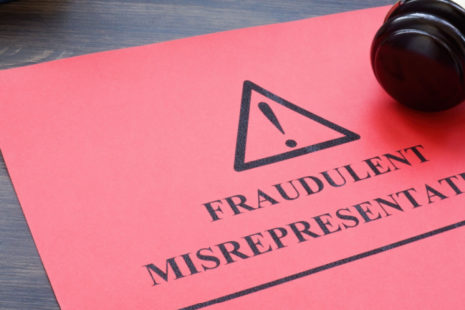Parental abuse can take many forms, but it generally refers to any behavior or action by a parent or caregiver that causes harm or threatens to cause harm to a child. Parental abuse can be physical, emotional, or sexual and involve neglect or abandonment.
Some examples of parental abuse include:
- Physical abuse: Any non-accidental physical injury or trauma to a child, including hitting, kicking, shaking, or burning.
- Emotional abuse: Any behavior or action that causes a child to experience fear, anxiety, or emotional trauma, including verbal abuse, isolation, or neglect.
- Sexual abuse: Any sexual activity between an adult and a child, including sexual touching, intercourse, or exploitation.
- Neglect: Failure to provide a child with basic needs, including food, shelter, medical care, education, and supervision.
- Financial abuse: Using a child’s money or property without their permission or taking advantage of their income or assets.
- Exploitation: Forcing a child to participate in illegal activities or using a child for profit.
It’s important to note that parental abuse can have long-lasting effects on a child’s physical and emotional well-being, interfering with their ability to form healthy relationships and lead a fulfilling life. If you suspect that a child is being abused or neglected, it’s important to report your concerns to the appropriate authorities as soon as possible. This may include contacting local law enforcement, child protective services, or a trusted healthcare provider. Reporting suspected abuse can help protect the child and prevent further harm.





